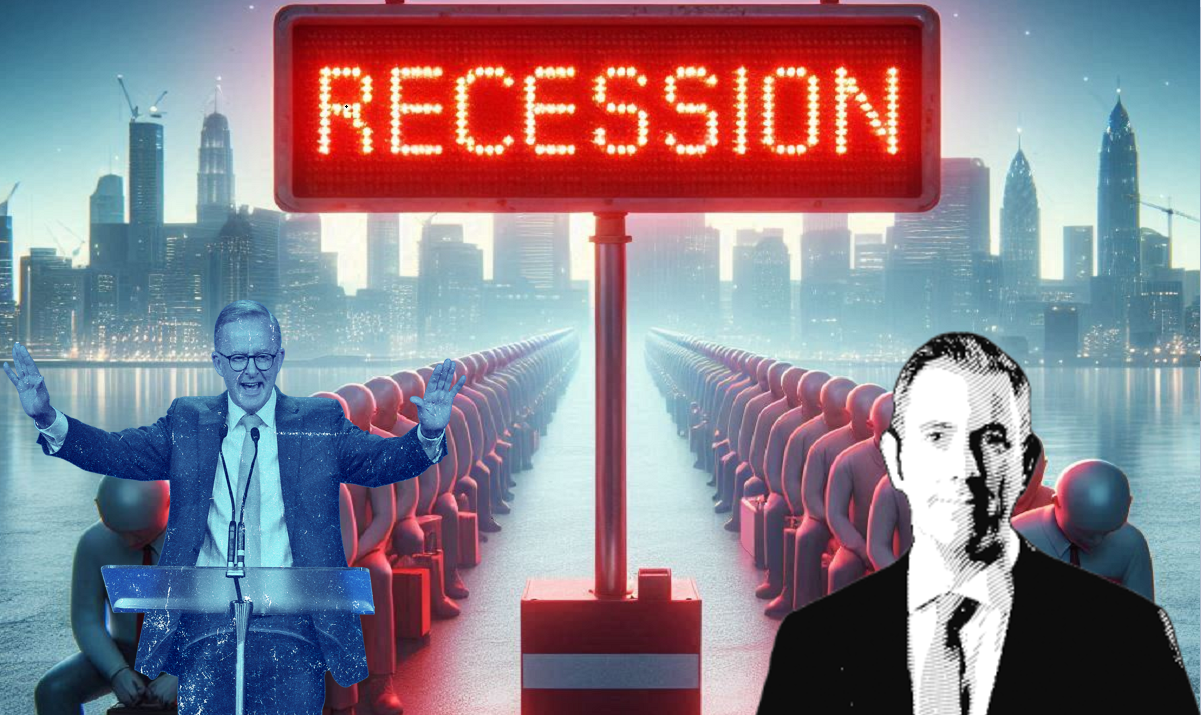‘The system is broken’: Hundreds of students, parents and teachers told us their thoughts about education

- by Admin
- October 14, 2024
Hundreds of students, parents and teachers shared their thoughts about the education system with us — this is what they said.
Earlier this year Australians from all across the country responded to an audience call out embedded in a story about tutoring, inviting them to share their experiences with the education system.
While there were hundreds of different views and voices, there were also many recurring themes, highlighting how various issues impact students, teachers and parents differently.
Audience leads help inform our coverage, but we also wanted to share some of the responses back with readers, as they were often insightful, spoke to different sides of the same issue, or came from a voice not always included in the conversation.
As you scroll through the quotes below, the map and demographic panels displayed will highlight whether the view is from a student, parent or teacher, as well as their topic of concern.
Please note: Some names have been changed due to privacy concerns and fears of being impacted for speaking openly, and some responses have been edited or paraphrased for clarity.
“The entire system is broken. It requires kids to be square pegs that fit in square holes despite huge class sizes, an array of individual needs, and goal posts that keep shifting. It’s set-up to fail.”
Sarah, teacher, WA
“Bullying is a massive problem compounded by perpetrators that make themselves out to be victims, resulting in a loss of trust in the system [and] suicidal thoughts, especially in high school.”
Jenna, parent, NSW
“Everyone is suffering with mental health. I’m certainly not the only one. But instead of support, everything gets blamed on crime, values, behaviour … we’re just kids! We need help, not analysis.”
Marissa, student, QLD
“Teacher mental health is critical but often overlooked. When educators are pushed to breaking point the ability to inspire diminishes. It doesn’t just harm them, but the students who rely on them.”
Kellie, teacher, NSW
“I’m concerned about rising inequality and ‘class divides’ caused by funding gaps between private and public. Finland, Norway, Germany have fixed this problem. Why can’t we?”
Elizabeth, parent, ACT
“The decline of public education as private schools hoard funding is concerning. Students are struggling, performance is declining, and insufficient public transport is another obstacle.”
Luke, student, TAS
“The government is failing kids with the lack of resources and funding. The curriculum, syllabus, support services … they’re not up to scratch. It’s a joke, to the point I’ve begun thinking of leaving teaching.”
Alex, teacher, NSW
“I’ve started home schooling due to neglect in public education. Many ambitious kids disengage as there’s no incentive to excel while inflexible classes can’t tailor to individual needs.”
Jaimi, parent, SA
“As the world changes rapidly, so do our needs. With the internet and the constant exchange of (mis)information, I wonder if what [schools] offer will stay relevant in the future. I don’t think we’re fully prepared.”
Dicle, parent, VIC
“AI is increasingly a problem. Despite the rules, so much work is done with AI. I don’t agree, but don’t know what can be done. It’s impossible to track and tackle properly.”
Jessica, student, TAS
“Families with limited access to technology at home want it taught more, while households that live online want it banned. Responsible use just gets handballed to the school.”
Roger, teacher, NT
“There’s too much reliance on iPads and computers at school. My children’s book list just contained a list of apps — that’s it — and did not require use of pens or paper.”
Elia, parent, QLD
Do you have an education story or experience you’d like to share? Get in touch via the form at the end of this story.
“The crucial factor left out of the conversation is what happens at home. Discipline, curiosity — these things start at home. Without that, schools will be ineffective no matter what.”
Liat, parent, QLD
“The school structure hasn’t changed in decades, but the world has. Instead of adapting, we increase subjects, spread hours thin, cut resources, then complain. It’s unsustainable.”
Gayle, teacher, TAS
“The system is failing. Curriculums aren’t fit for the future. And managing behaviour — often violent or harmful, targeting Indigenous people or immigrants; not to mention drugs and alcohol — is a huge problem.”
Pippa, student, WA
“The pressure parents place on kids, trying to influence class, is concerning. Young tutors can’t push back, and kids are often valued by how much they study. It’s disempowering, during a vulnerable period of life.”
Shirlaine, tutor, VIC
“I don’t know what to do, my grades dropped a bit and I feel like unless I keep them up I won’t make it in life. I don’t know what happened. I was doing well but now I question my ability to go on.”
Tanya, student, WA
“Kids are burnt out before they even reach the workforce. And instead of [really educating them], schools are just designed to secure funds and university placements. The rest are left behind.”
Nicole, teacher, NT
“As the world changes rapidly, so do our needs. But we can’t be required to pay a fortune to send kids to a proper school to meet those needs. This will break the community in future.”
Louise, parent, VIC
“Teaching is a career cul-de-sac. No reward to excel. If you do excel, or try to speak out, they pressure you, and they’re unionised to the core. The best teachers leave and never look back.”
Peter, former teacher, ACT
While many responses acknowledged that education issues were multifaceted and required complex solutions, others volunteered some quick thoughts and ideas about what they would like to see done.
AI bans in schools, voting rights for minors, smaller class sizes, online learning for remote communities and more student involvement in future planning were among the solutions explored, some of which we are covering in more depth in other stories.
Many were eager to take the first step towards change, while others were unsure how or felt powerless either due to being underage, or fearful of a backlash from employers, schools, parents or the community.
What are your thoughts?
If you would like to read more of the ABC’s education coverage or related stories impacting communities, you can head to the ABC’s Education Homepage or click on the links from the selection below:
And, if you would like to get in touch with us with an education story lead, or have a perspective you would like us to cover, you can write in to us via the form on this page.
Read the story in Chinese and Indonesian.
Credits
- Audience Engagement & Production: Steven Viney
- Illustrations & Design: Jarrod Fankhauser
- Additional Reporting: Max Walden & Oscar Coleman
- Chinese & Indonesian Translations: Peter Pei & Erwin Renaldi
- Additional Graphics & Translations: Ben Nelson
The Latest News
-
December 22, 2024Fearless teen debutant touches down for Boxing Day
-
December 22, 2024Live: Both Australian openers dropped as NZ miss big chances
-
December 22, 2024Aussie Ashes prep ramps up with trans-Tasman series finale: ODI LIVE
-
December 22, 2024The remarkable Lleyton Hewitt feat Cruz Hewitt can emulate after being handed 2025 Australian Open wildcard
-
December 22, 2024Forgotten man removes himself from Test talk





